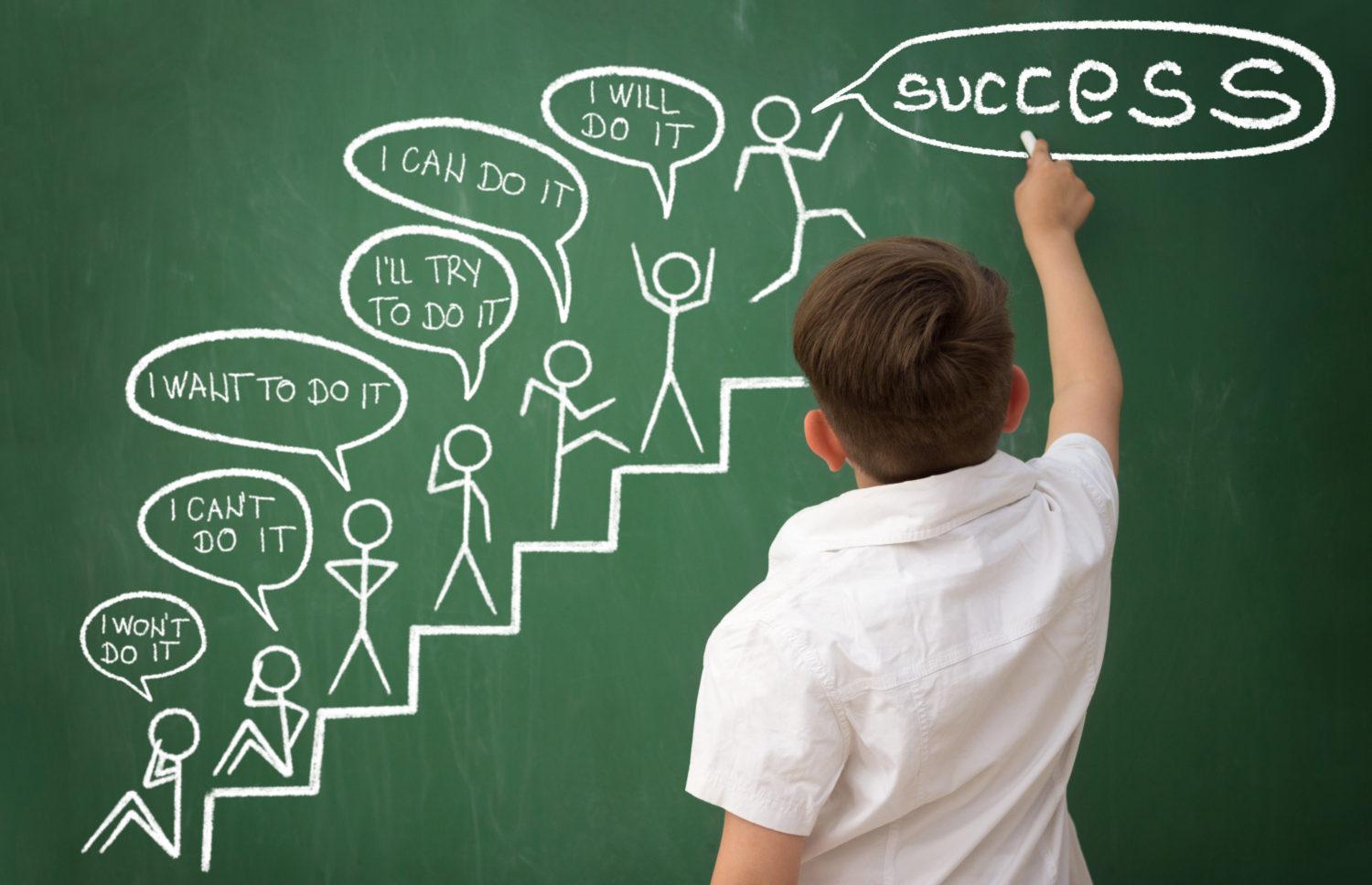
Written by Dana Herzberg, JGS Founder and Head of School
In my beloved career, it seems like every time I say, “I’ve never seen anything like this…” I encounter something new. Each time, the new “first” makes me gasp, stop and ponder, and realize I will never be able to say “never” again. But, what I’ve realized is that it doesn’t matter. Every “first” becomes a new challenge to unfold and has lessons so hidden that often the resulting wisdom doesn’t surface until the second or third time (or beyond) that I come across a similar situation.
Mark* is a beautiful 12-year-old boy who was brought to me because he was unable to read. This isn’t a situation of a sixth grader who reads a year or two below grade level. This is a child who cannot read; he cannot read the most simple words (cat, the, and) or even sound them out. Everyone wonders the same thing—how can this possibly happen? How could he be promoted from grade to grade, despite lacking fundamental reading skills?
Sadly, the “firsts” have taught me that years of struggle will have a far greater impact than “just” not being able to read. Imagine going through year after year with peers who not only surpass you academically, but with whom you can’t keep up at the most basic level. You can’t read a single word and they are reading novels. Your friends are raising their hands and participating in social studies and science but you can’t even find the heading on the page that the teacher is referencing (or maybe even the page number).
In Mark’s case, the safe place that school should have been became, instead, a place that he dreaded and avoided; he was spending much of his day on “breaks,” in the bathroom, and was coming in late (if at all). Escaping became the only way for him not to feel “stupid.” His friends pulled away and his well-intentioned teachers didn’t know what to do to help. When Mark’s happy disposition changed completely and he refused to go to school, his depression and anxiety were unveiled.
Surprisingly, resolving the reading issue is often the last step in helping children like Mark. Mark has spent so many years in the world of “can’t” that he now also “won’t.” Fear of failure is ingrained and runs so deep that it takes time to undo. Ongoing research on school-based trauma shows that learning cannot happen until a child feels safe. From all the “firsts” in my career, I’ve learned that hard lesson—you can’t teach until they are ready to learn.
With students like Mark, it is often difficult to decipher what he can’t do vs. what he won’t do. Often, the two are intertwined. In this case, Mark won’t because he couldn’t for so long.
Working with a child like Mark requires extensive knowledge, patience, tenacity, and a willingness to go the extra 1,000 miles. His educational team must create a safe environment through lots of teacher support, guaranteed daily successes and ongoing extrinsic rewards. Over time, as his confidence develops, supports can be slowly weaned—honing intrinsic motivation and perseverance that will be required for lifelong learning. Given the right elements, children like Mark will move, albeit at their own pace, from “I can’t” to “I’ll try.” It’s only at this point that we can begin to remediate and truly educate. With Mark, getting to “I’ll try” will be the greatest feat of all.
*Name changed to protect privacy.

